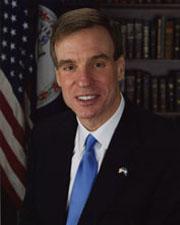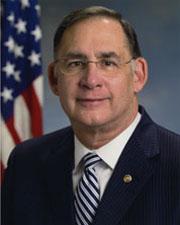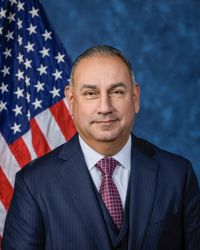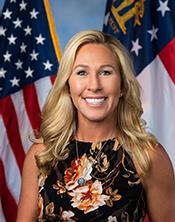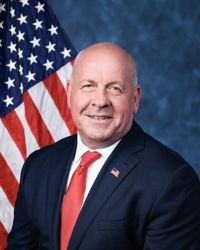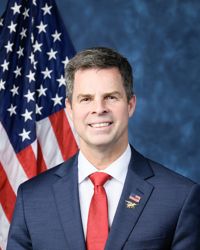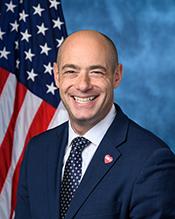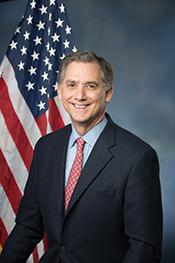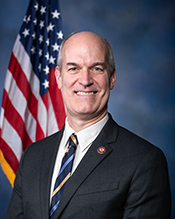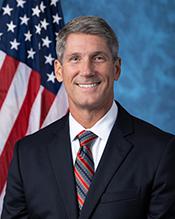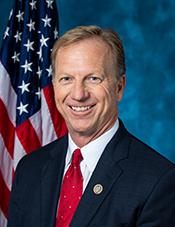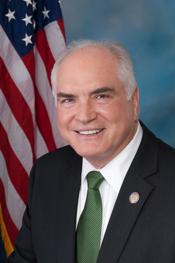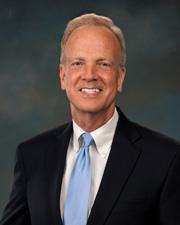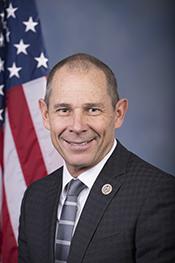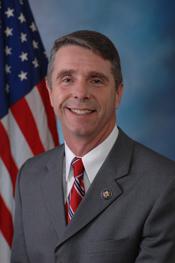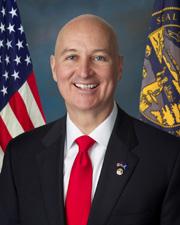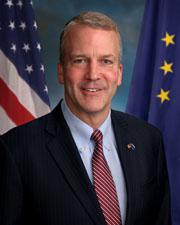S. 927: Protecting Pharmacies in Medicaid Act
This bill, known as the "Protecting Pharmacies in Medicaid Act," aims to ensure accurate payments to pharmacies participating in the Medicaid program and to prevent unfair pricing practices in that system. Here’s a breakdown of what the bill proposes:
1. Accurate Payments to Pharmacies
The bill mandates that the Secretary of Health and Human Services (HHS) conducts surveys to determine the actual acquisition costs of drugs by pharmacies. This involves:
- Regular surveys of both retail community pharmacies and non-retail pharmacies to establish average drug prices.
- Inclusion of comprehensive data from pharmacies regarding any discounts, rebates, or concessions they receive on drug prices.
- Ensuring that pharmacies that receive payments related to the dispensing of covered outpatient drugs must participate in these surveys.
- Creating civil penalties for pharmacies that do not comply with survey requirements, such as failing to respond or providing false information.
2. Preventing Abusive Spread Pricing Practices
The bill also targets "spread pricing," which is when a pharmacy benefit manager (PBM) charges a higher price for a drug than it pays the pharmacy. Key provisions include:
- States must require PBMs to use a transparent pricing model, ensuring that payments made to pharmacies reflect actual ingredient costs and a fair dispensing fee.
- All costs related to drugs and services provided must be documented and made available to the state and HHS.
- Spread pricing that exceeds the amount paid to the pharmacy will not be eligible for federal funding.
3. Reporting and Oversight
Periodic studies will be conducted on the survey data collected to identify significant variations in acquisition costs among pharmacies. The findings will be reported to Congress, ensuring accountability and transparency in pharmacy pricing.
4. Financial Implications
The bill includes appropriations for the implementation of these measures, with specific funding provided to enable the Inspector General of HHS to carry out the required studies and oversight functions.
5. Effective Date and Implementation
The provisions of the bill would take effect 6 months after enactment for retail pharmacies and 18 months after for non-retail pharmacies. It allows for implementation by the Secretary of HHS without requiring the standard administrative processes typically involved.
Definitions Include
- Applicable Non-Retail Pharmacy: Defined as pharmacies not operating as retail entities, such as mail order or specialty pharmacies.
- Pharmacy Benefit Manager: This includes entities managing prescription drug benefits and negotiating prices on behalf of states or managed care entities.
Relevant Companies
- CVS - As a major pharmacy benefit manager and pharmacy chain, CVS could see significant operational changes and financial implications due to the bill's provisions regarding accurate pricing and spread pricing practices.
- UNH - UnitedHealth Group, which operates a pharmacy benefit management segment, may need to adjust pricing strategies in line with new regulations aimed at transparency and cost management.
- ESRX - Express Scripts, a pharmacy benefit management company, would also be affected by the changes in pricing structures and required reporting of drug costs.
This is an AI-generated summary of the bill text. There may be mistakes.
Sponsors
4 bill sponsors
Actions
2 actions
| Date | Action |
|---|---|
| Mar. 11, 2025 | Introduced in Senate |
| Mar. 11, 2025 | Read twice and referred to the Committee on Finance. |
Corporate Lobbying
0 companies lobbying
None found.
* Note that there can be significant delays in lobbying disclosures, and our data may be incomplete.



